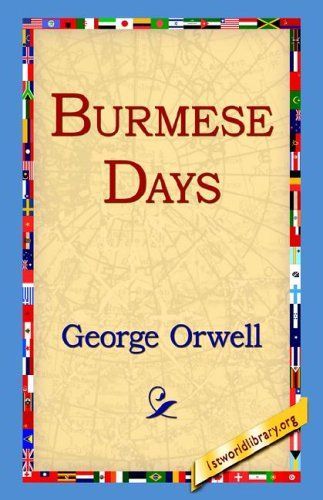Reviews
Bouke van der Bijl@bouk
Nadine @intlnadine
Sophie Shrimpton@sinta
givile zasetyte@givs
Adrian Ray Amboy@theloafiesttime
N.C@quince
Andrew John Kinney@numidica
Alexandra Vo@ph_anh
Seth Kalback@skalback
Meryn Kae Addison@merynkae
Jaël@jael
The Hissing Saint@thehissingsaint
Vikram Sreekanti@vikrams
Nimish@nimsaw
Caroline@carowil
Henry Fey@hrjfey
Rachel Rozdzial@razzledazzle
Frederik Van den Bril@frederikvandenbril
Nadia Meera@nadiameera
Joshua Line@fictionjunky
Alethea Stoltzfus@ajstoltzfus
Vio@vio
